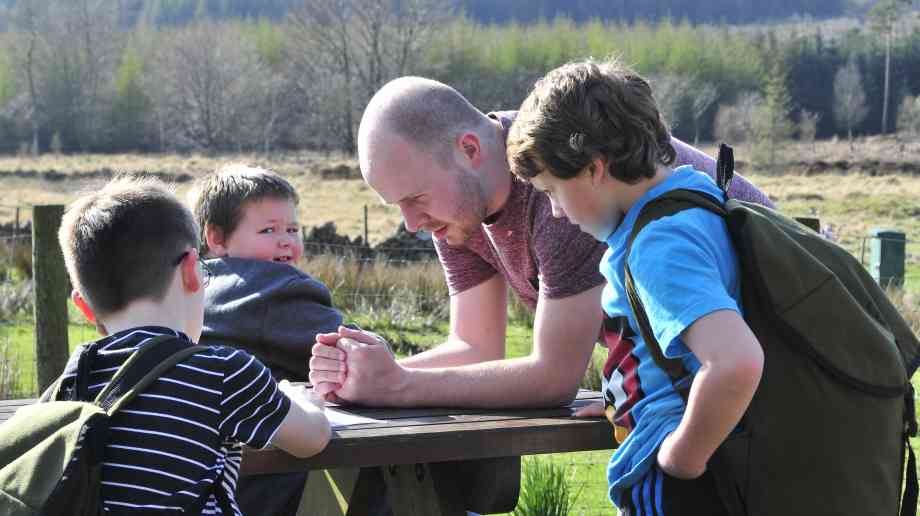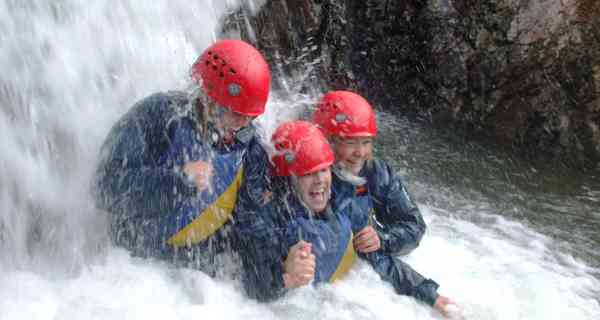Established in 1981, Micro Computer Consultants Limited (MCC Digital) are one of the UK’s most experienced Apple Authorised Education Speci
Supplier Focus
Latest Supplier News
Borg & Overström is a UK manufacturer of premium drinking water solutions. For over 20 years Borg & Overström has developed sustainable, bottle-less, hygienic, drinking water dispensers with the aim to provide exceptional, safe, self-service drinking water into schools, universities, workplaces and communal spaces.


 Residentials are a great leveller, providing a new environment where participants are equal and existing barriers and hierarchies can be broken down. The extended time period and intensity of a residential experience is key to developing relationships and learning opportunities. Participants can create a new community away from their normal distractions that gives them time and space to address their goals (both personal and learning-related) within a supportive environment. The memory of the visit and the shared experiences of participants help to maintain the sense of community back in school.
Residentials are a great leveller, providing a new environment where participants are equal and existing barriers and hierarchies can be broken down. The extended time period and intensity of a residential experience is key to developing relationships and learning opportunities. Participants can create a new community away from their normal distractions that gives them time and space to address their goals (both personal and learning-related) within a supportive environment. The memory of the visit and the shared experiences of participants help to maintain the sense of community back in school.








